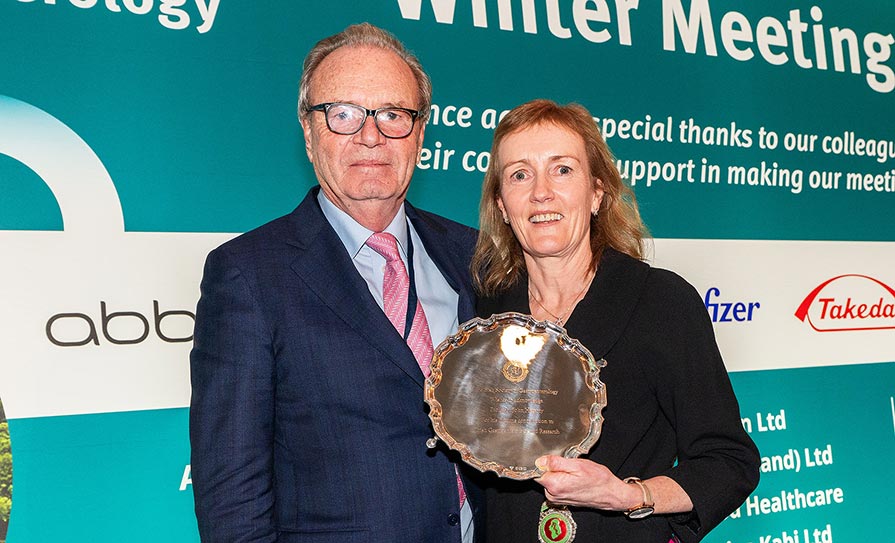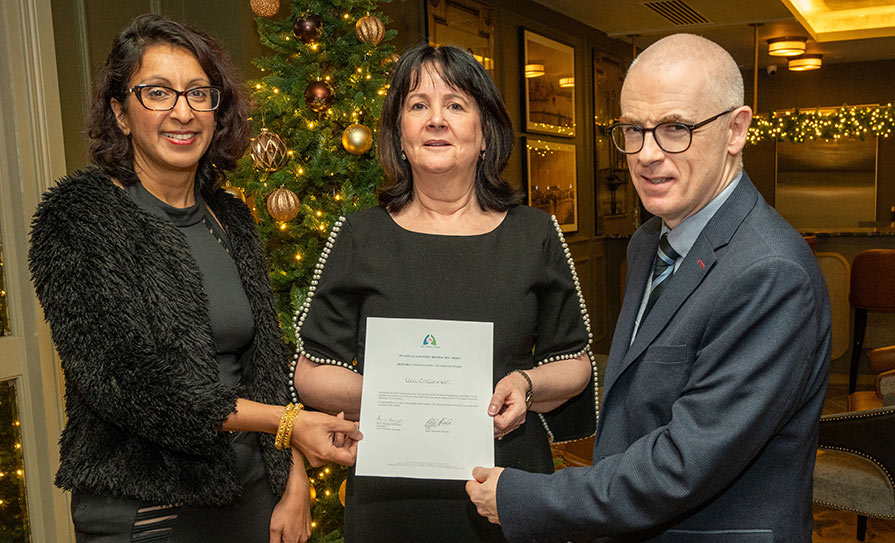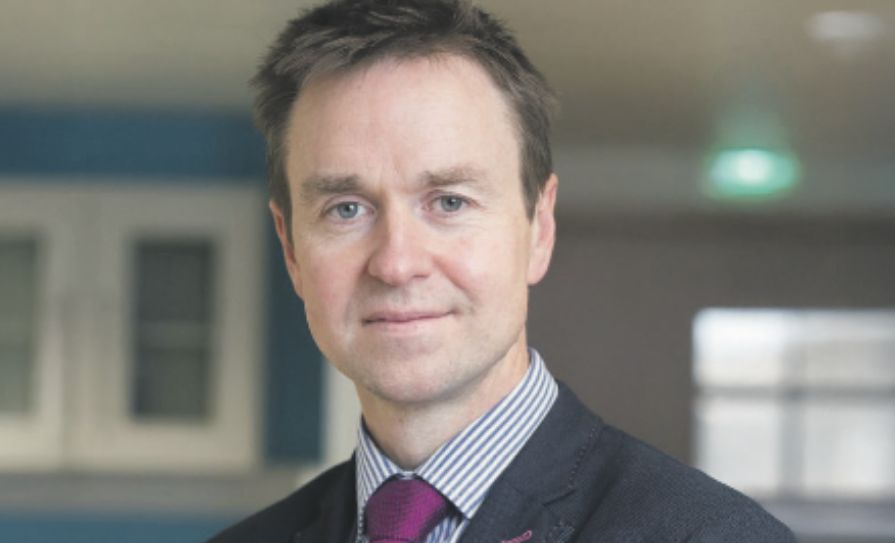Irish Neurology Association 57th Annual Meeting, Virtual, 27-28 May 2021
The first session to commence the INA Annual Meeting on Thursday 27 May was on epilepsy and Mr Michael Doyle, a research fellow in the RCSI StAR MD programme and at Beaumont Hospital, Dublin, presented his case titled ‘An rud is annamh is iontach: A case of ictal speech – as Gaeilge’, which translates to ‘What is rare is wonderful’. This case is one of ictal speech in Irish. Speech manifestations are common in focal onset seizures of temporal lobe origin. Ictal speech is intelligible speech during the period of altered consciousness.
The case presented by Mr Doyle involved a female patient in her early 30s who had a background which involved a normal intellect, anxiety, and depression. She experienced her first epileptic seizure in her teens. She has two main seizure types; firstly, a focal (impaired aware), which is characterised by epigastric sensation and altered taste, loss of awareness, incoherent speech, and facial grimacing. Post-ictal they are characterised by brief light-headedness, confusion, and lethargy in seizures of longer duration.
The second type of seizure experienced by this patient is a focal (impaired aware) to bilateral tonic-clonic, similar to the first type, but with the addition of generalised tonic-clonic seizures and tongue biting. Post-ictal she experiences longer periods of confusion and lethargy due to the length of the seizure.
Mr Doyle cited this patient’s current medications, with a history of four failed medications. He also outlined the results of MRI and PET CT scans. This case was reviewed by the epilepsy surgery review meeting and vagus nerve stimulation surgery was recommended. Mr Doyle noted the patient has had a very good response to date.













Leave a Reply
You must be logged in to post a comment.